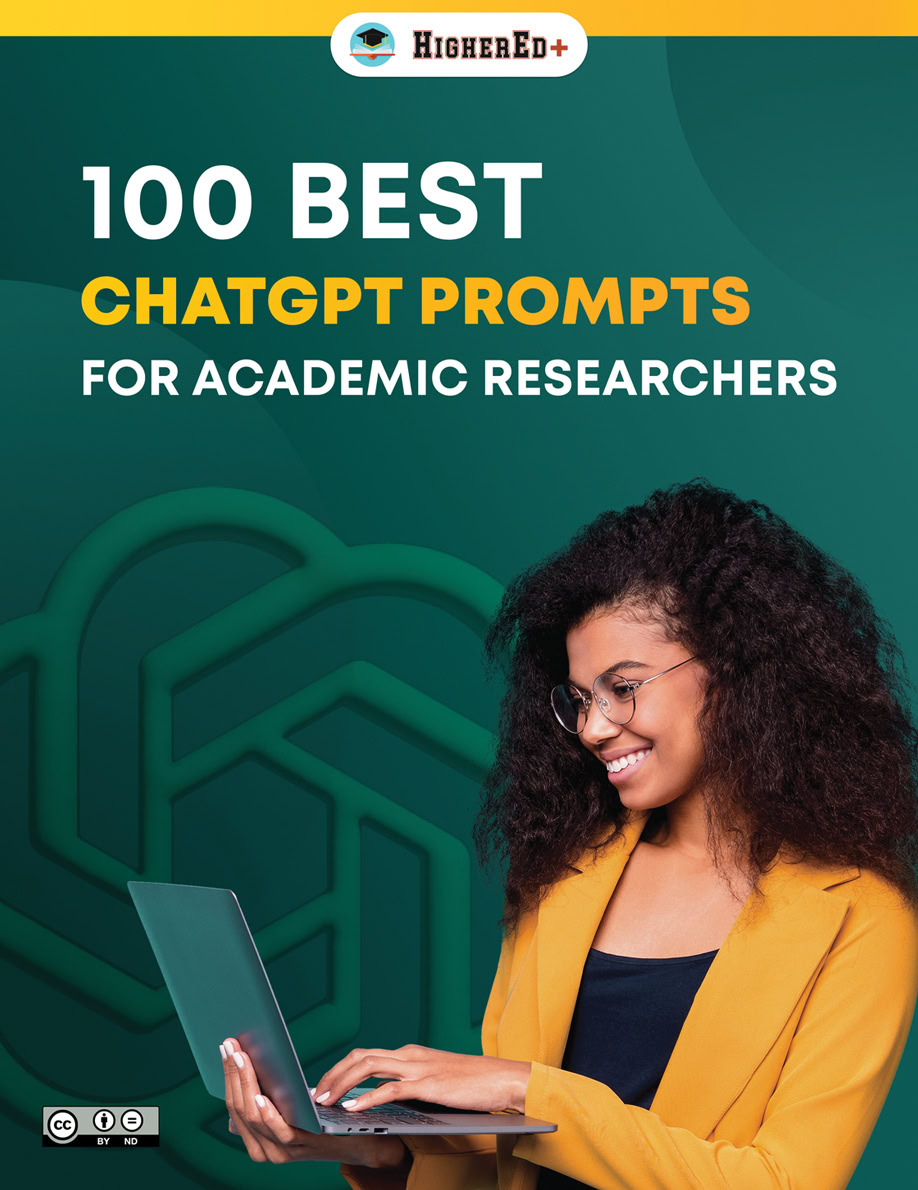

Master Class in Grant Seeking Best Practices
Learning Objectives
Upon completion of this comprehensive and engaging course, you will be able to:
- List the 10 key reasons researchers should seek grants to fund their projects
- Identify the 8 most common challenges encountered while seeking grants and how to effectively overcome them
- Compare and contrast the major sources of external funding (including grants, contracts, prizes, gifts, contributions, crowdfunding, and more!)
- Differentiate between the 8 major categories of grant funders (including corporate foundations, independent foundations, community foundations or trusts, private foundations, nonprofit organizations, small businesses, professional associations, and government agencies)
- Describe the 12 types of monetary grants and the 8 types of non-monetary grants
- Define the lingo: Learn over 30 of the most important grant seeking terms (including Direct vs. Indirect Costs, Request for Proposals, Funding Opportunity Announcement, Pre-proposal, and dozens more!)
- Discuss the roles and goals of key players in the grant seeking process at your institution, at funders’ institutions, and at affiliated institutions
- Draft an effective Project Abstract that incorporates answers to 6 core investigative questions
- Develop a preliminary funding budget that accounts for institutional overhead costs
- Design an effective funder search plan following the S.M.A.R.T goals approach
- Build an initial list of funders using public and limited access information sources (including the most important domestic and international funder databases, grants news publications, and more!)
- Compare, rank, and select the most likely funders for your project using a “Bottom-Up” or “Top-Down” search strategy that considers inclination, linkage, and capacity criteria
- Apply best practices in communicating with funders during the grant seeking process (including in-person and remote conversations, site visits, and more!)
- Draft an effective Letter of Inquiry (LOI) for your target funders
- Draft an effective Approval Paper or Memo to obtain permission from your institution to proceed with your funding proposal
- Organize a writing plan to successfully meet the proposal deadlines set by your approved target funders
- Collect the most common legal, governance, financial, research program, and policy documentation required by funders to establish institutional competency
Instructor

Amanda Preston, CFRE is one of the leading funding consultants in the United States, having secured over $100,000,000 in grants and gifts for universities and research institutions across the nation. For over 35 years, she has engineered institution-transforming grants via her positions at Harvard University, the Smithsonian Institution’s Astrophysical Observatory, and the University of Wisconsin-Milwaukee. As Executive Director of the Harvard Origins of Life Initiative, Amanda managed 175 researchers, actively engaged Harvard’s early career scientists, and secured funds for cutting-edge astrophysics research. A globally credentialed Certified Fund Raising Executive (CFRE), Amanda has extensive experience running programs in external affairs, government relations, inter-institutional partnerships, and inter-disciplinary research. In addition, as a designated Master Teacher for the Association of Fundraising Professionals (AFP), she is a passionate instructor dedicated to building learners’ confidence and promoting professional growth. She frequently presents at leading fundraising conferences and has served as an Adjunct Professor in the Department of Environmental Studies at Antioch University New England. Today she advises and coaches non-profit and university leaders on matters of strategy and funding.

